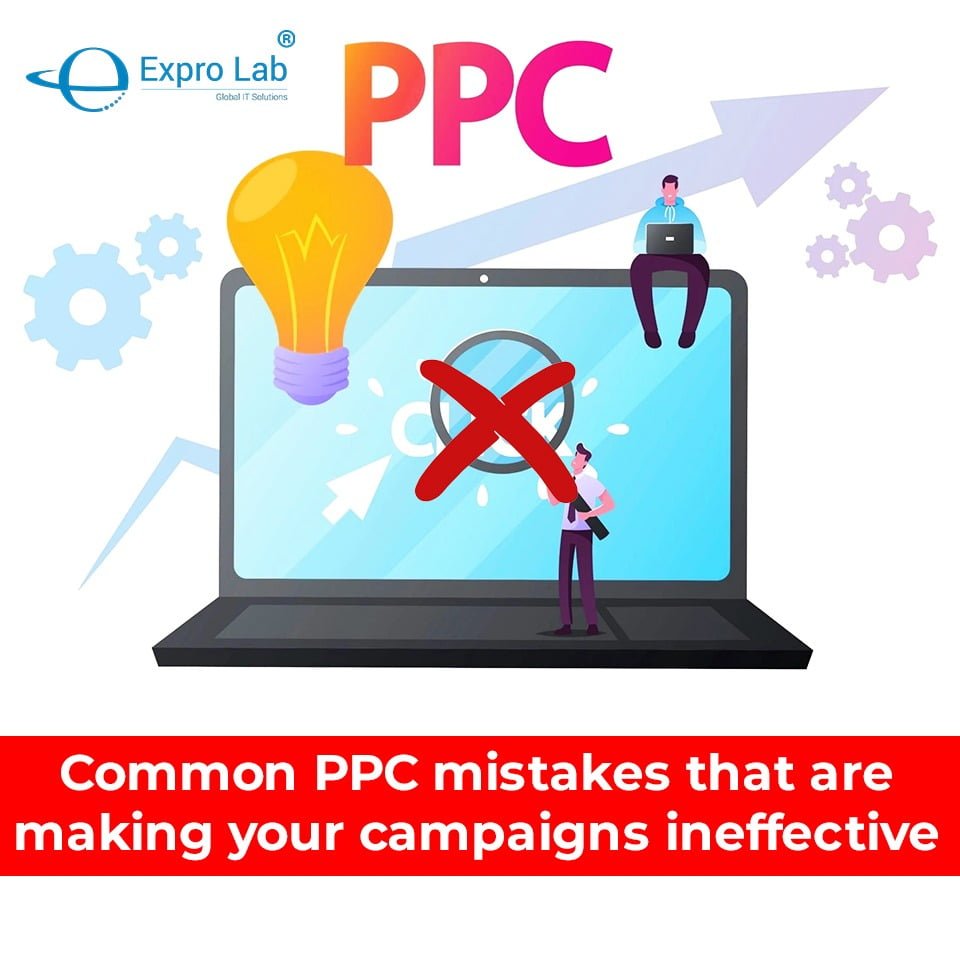A robust ecommerce CMS or Content Management System is the core of a successful e-commerce business. It allows you to seamlessly create, manage, and optimize your online store.
An engaging and up-to-date website is critical for driving organic traffic and retaining customer interest, and an effective CMS can help you do just that. It allows you to easily modify content, launch new products, and utilize integrated SEO tools to enhance your website’s search engine rankings. It also helps in streamlining backend operations by smartly managing a vast amount of data, such as product information, customer details, and order histories.
However, with so many advanced and feature-rich CMS platforms in the market, it can get overwhelming to identify the one that matches your requirements.
Don’t worry, for this informative blog sheds light on the most popular e-commerce CMS 2023 for building top-notch shopping websites!
Best Ecommerce CMS 2023 for Your Online Store
Here are some of the most sought-after open-source ecommerce CMS platforms that can help e-commerce businesses to build their websites, from the ground up.
1. Shopify
Shopify is one of the most popular ecommerce CMS platforms designed for ecommerce stores. Its numerous benefits and incredible features saves considerable time and effort on the user’s end, without requiring them to be technical beasts.
For instance, once you create a website on Shopify, the platform hosts it on their web servers as well. This eliminates the need to invest in a separate domain name and web hosting.
Plus, their vast App Store has a huge number of useful plugins that can be used to customize the website as per the requirements. Apart from using a plethora of templates and themes, you can also personalize your storefront by editing the CSS and HTML code as needed.
Shopify aks lets you easily integrate desktop, mobile, and in-store sales, and sell your products on Facebook. Users can even set up gift cards, discounts, and coupons. Streamlined order management system, user-friendly contact forms, and easy integration with social media accounts are some other prominent functionalities offered by this CMS.
Shopify also has a useful mobile app that helps store owners to monitor sales, whereas the Shopify Email system helps facilitate an effective email marketing campaign through the platform.
2. WordPress
WordPress is yet another popular ecommerce CMS 2023 for building e-commerce websites, known especially for its user-friendliness. Studies indicate that approximately 28% of all ecommerce websites utilize WordPress as their CMS.
WordPress provides a variety of free themes that can be easily installed and customized to build an ecommerce website. Users who want to alter the theme design can do so by adding custom codes. The platform also comes with a host of plugins to simplify the process of e-commerce website development altogether, WooCommerce being the most popular plugin.
Some remarkable features of WordPress include a selection of exceptional ecommerce plugins, compatibility with multiple payment gateways, ease of publishing text and media, an extensive array of free and paid themes, easy social media account integration, and access to several free SEO extensions.
3. Drupal
Distinct from WordPress and other SaaS CMS solutions, Drupal acts more like a versatile website framework rather than an all-inclusive site builder.
Among its best features, Drupal boasts exceptional flexibility and customization options. The platform also supports multiple languages, and users can install robust modules to improve their site’s SEO. The CMS includes a built-in workflow system that promotes a more organized management process for ecommerce businesses.
However, although users can access essential ecommerce functions such as payment processing, order management, and shopping cart systems, they must possess the knowledge to build the website that encompasses these features.
If you have an expert like Expro Lab by your side, Drupal offers the potential to develop truly unique online stores.
4.Squarespace
Squarespace stands out as the ideal ecommerce CMS solution, especially for beginners looking to manage their platform independently.
This ecommerce CMS allows users to create a feature-packed e-commerce website with its brilliantly customisable templates and an intuitive drag-and-drop editor. The CMS also seamlessly incorporates essential ecommerce features, including hosting and payment processing, ensuring an immersive user experience, with great emphasis on mobile-friendly design.
It offers a decent range of features, including order management, payment processing, and shipping options. Besides, it also allows the integration of numerous third-party apps and plugins, while also offering access to an analytics page.
5. BigCommerce
As an outstanding SaaS ecommerce CMS, BigCommerce allows online entrepreneurs to establish, manage, and sustain their online stores. Its website editor allows the clients to easily customize templates while also editing HTML and CSS code.
The platform also incorporates vital ecommerce solutions within its CMS, allowing users to access the advanced SEO capabilities, insightful sales analytics, and an extensive selection of social media marketing tools.
In addition to its superior web hosting solutions, BigCommerce also facilitates seamless integration of third-party apps and plugins, exceptional compatibility with PayPal and various other online payment gateways, and dedicated development services for enterprise clients.
Ecommerce CMS 2023: Wrapping Up
Remember, selecting a CMS for ecommerce websites in 2023 is a critical decision that can significantly influence your business’s success in the competitive online space. Consider opting for solutions that provide exhaustive content management capabilities, such as efficient backend operations, and seamless integrations with essential tools and software. It will enable you to ultimately ensure an accelerated business growth.
Staying abreast of trends and advancements in CMS platforms lets your thriving ecommerce businesses adapt and evolve in an ever-changing digital landscape, paving way for optimal returns.
Consider working with the leading e-commerce website developer Expro Lab. Our skilled team assists you with selecting the right e-commerce platforms for your online business needs. We also create custom and user-friendly e-commerce websites that effectively aligns with your requirements and fosters business growth in the longer run.



